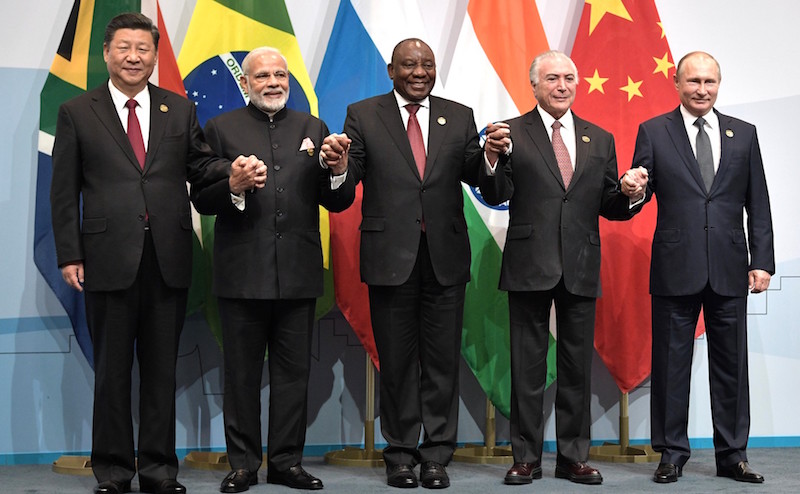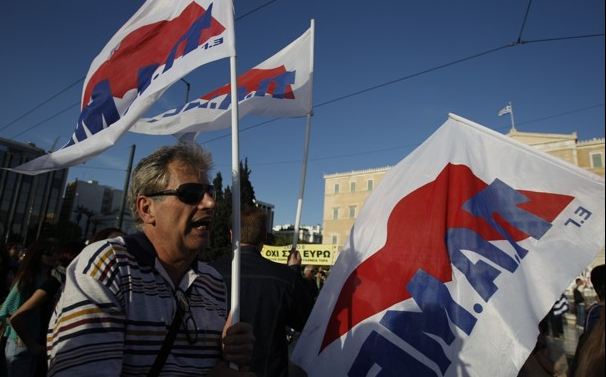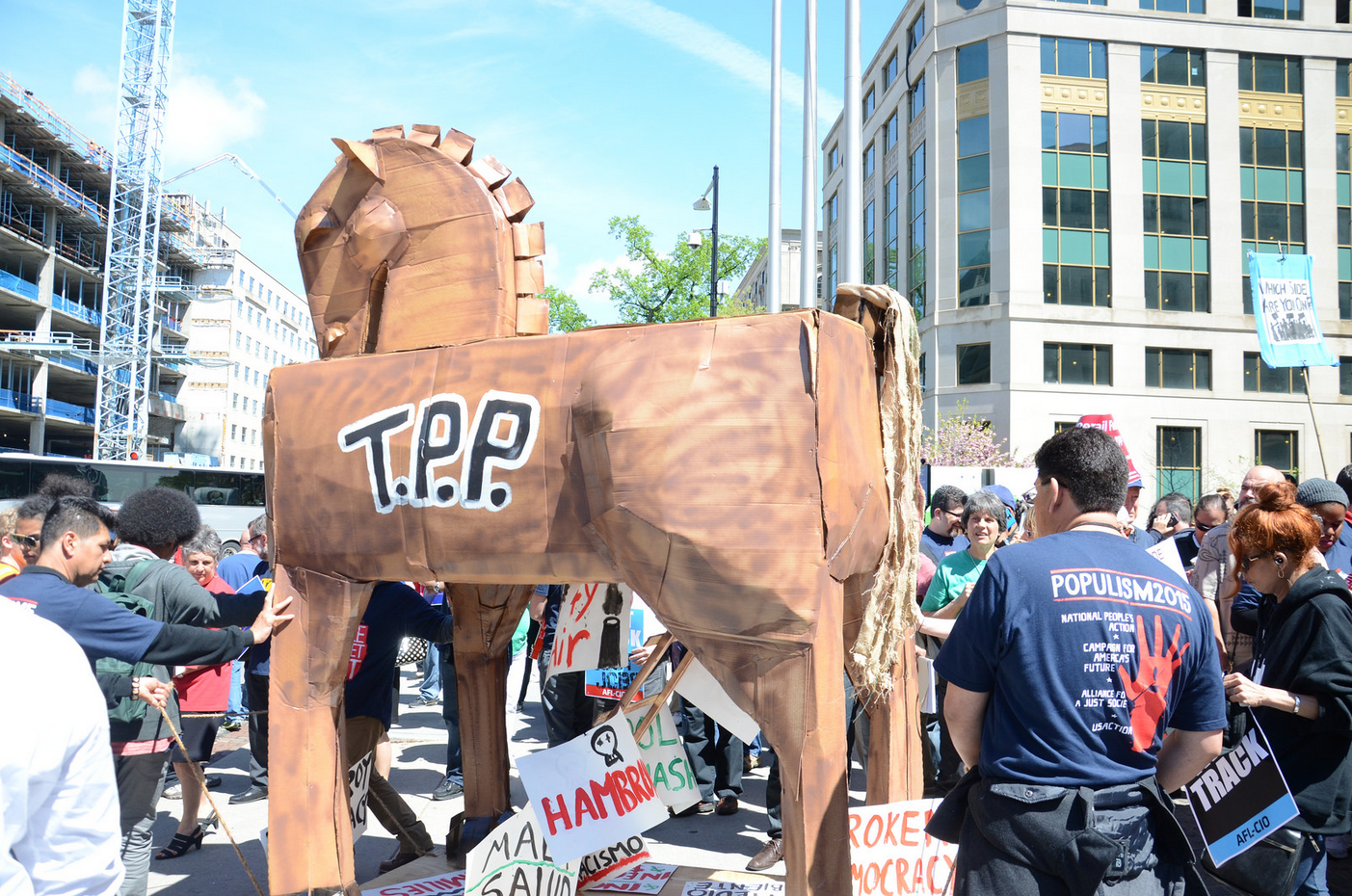BRICS is an acronym for the grouping of the world’s leading emerging economies, namely Brazil, Russia, India, China, and South Africa. The BRICS Leaders’ Summit is convened annually with discussions representing spheres of political and socio-economic coordination, in which member countries have identified several business opportunities, joint development projects, and other areas of cooperation. The rise of the economic power of BRICS countries and in particular the more recent announcement of the BRICS Bank represents a major power shift in the global economic landscape. The New Development Bank initiated funding to the value of 3.4 billion dollars to member countries at the end of 2017. In addition, the BRICS have created the Contingency Reserve Arrangement, aimed at ensuring liquidity for member-states when they’re confronted by short-term balance of payment crises. With these institutions in place, the 10th summit provides the opportunity for the five countries to reflect on the bloc’s practical relevance and its future footprint.
Despite representing a counterweight to the global order, some critics postulate that the BRICS will ultimately represent “more of the same” in terms of global economic policy. Since the organizations inception, the BRICS partners have launched a number of initiatives aimed at providing different capabilities to global, political, and economic governance structures. Hosting their tenth annual summit in Johannesburg from July 25th-27th, several new initiatives and areas of focus were discussed, as well as a joint statement of action in response to the rise of unilateralist and protectionist policies as presented by the US, the UK, and other global powers. The 2018 Summit acted as a seminal milestone for BRICS, as it represented a unified response to the divisive Trump rhetoric and a decade of BRICS cooperation at the highest diplomatic level.
The BRICS: More of the Same or a New Economic Order?
Many would credit the rise of the BRICS with disenchantments between member states and the dominant global financial institutions, namely the World Bank and the IMF. Voting rights in the World Bank and IMF are related to initial dollar contributions, ensuring that whoever invested more during their establishment have enjoyed more input in policy making. In the end, western countries have 60 percent of voting rights while the US holds an effective veto over constitutional amendments based on its vote allotment. Canada, with a population of just over 35 million, has a current voting share of 2.25 percent according to the Center for Economic and Policy Research. This seems relatively proportionate, but when compared to the much larger populations and economies of Russia and India, who enjoy 2.63 percent and 2.67 percent of votes respectively, vote allotment presents itself as being skewed. In terms of African representation, 46 Sub-Saharan African countries have only two representatives on executive boards whereas 8 western countries have one each. This lack of democratic governance is cited as being the main reason that emerging economies had for creating the BRICS. However, debate still stands as to whether the BRICS represent a new type unified economic order, or another IMF with a different face.
According to a recent report in the New York Times, the BRICS don’t have “enough in common and enough shared goals to function effectively as a counterweight to the west.” They are “deeply divided on some basic issues,” and act as “rivals rather than allies in the global economy.” They also have “widely divergent economies, invest little in each other, and have disparate foreign policy aims and different forms of government.” Despite these assertions, such skepticism can be specious. [perfectpullquote align=”left” bordertop=”false” cite=”” link=”” color=”” class=”” size=””]The BRICS countries have a mutual frustration: their common experience, and rejection, of the neoliberal institutional approach that the IMF and World Bank advocate.[/perfectpullquote]
These countries have experienced rapid development in the previous few decades despite being in the shadows of a western controlled global economy. Once this is understood, the BRICS’ increasing coherence becomes clear. The BRICS have long called for a balanced reform of financial institutions, only to be met with resistance. Rather than waiting, they decided to act.
The 10th Annual BRICS Summit: The Johannesburg Declaration and Upholding Global Cooperation
As listed on the BRICS 2018 website, the 10th Summit presented the theme “BRICS in Africa: Collaboration for Inclusive Growth and Shared Prosperity in the 4th Industrial Revolution.” This theme is reflective of the core priorities of each one of the member countries, notably to strive towards creating a more inclusive economic order emphasizing global cooperation. The 10th Summit had a continued list of focus areas, notably around peacekeeping, tourism, women’s rights, global development, and the Fourth Industrial Revolution. Reconciling national priorities with international obligations remained a key focus area for this meeting.
The 10th Summit issued a joint statement referred to as the Johannesburg Declaration. One of four major sections in the declaration focused on strengthening multilateralism, reforming global governance, and addressing common challenges as they present themselves globally. In the wake of Trump’s criticisms of the United Nations and his decision to remove the US from the Human Rights Council, BRICS nations reaffirmed their commitments to UN initiatives and organizations. This dedication exists despite the fact that the Russian Federation has not expressed support in practice, and is under continued economic and political sanctions from the UN. The declaration continued to express an apparent desire to uphold international peace, advance sustainable development, and ensure the promotion of human rights and fundamental freedoms. More specifically, BRICS nations highlighted their commitment to the Sustainable Development Goals (SDGs), to provide equitable and sustainable development in a balanced and integrated manner, towards the ultimate goal of eradicating poverty by 2030. It is important to note here that what the BRICS countries write and say in public are not necessarily what they practice. This is less the case for South Africa and Brazil, though it is increasingly the case for India. China and Russia have deplorable human rights records that have not progressed considerably despite 10 years of BRICS Summits and cooperative discussion. But perhaps the more critical question here relates to how the bloc is going to bolster its position in a financial order currently characterized by rising protectionism, fragmentation, and uncertainty.
To reassert the organizations commitment to global economic cooperation, BRICS nations recognized how the world economy is improving while noting how growth has been less synchronized due to a number of downsides. These downsides include challenges as a result of increased trade disputes, commodity price volatility as a result of these conflicts, inequality, and insufficiently inclusive growth. In order to achieve global economic recovery and reform, BRICS nations advocated for world economies to use fiscal and structural policies in concert with one another, so as to forge a more sustainable path to cooperative growth.
Several experts agree that greater cooperation is needed to combat the unilateral thinking of the US, and that the Johannesburg Declaration exists as a testament to that fact. Ravi Ramamurti, Director of the Center for Emerging Markets, asserts that while China and India disagree on several electoral and policy issues, they both agree that the US’s unilateral protectionist polices are something that must be countered. Both have a common interest in reversing this trend in favour of global cooperation. Further, having forums like the BRICS Summit are useful for having these nations sit down and look at their relationships, allowing them to smooth out the rough edges of issues they disagree on. Political disputes aside, all member states agree that the BRICS is a forum by which countries, particularly in the developing world, can discuss strategies to open up economic sectors to better integrate into global finance. Despite this, some concern still remains as to the rate of growth of certain BRICS nations in comparison to others, particularly with regards to China’s rapidly expanding export driven economy.
Emira Woods, associate fellow at the Institute for Policy Studies, expressed this concern in an interview with CGTN America. In agreement with Mr. Ramamurti, Woods questioned how BRICS nations could reduce their trade deficits with the rapidly expanding Chinese economy. In practice, the Belt and Road initiative is a good opportunity for African development but still exists as a one-way flow. The flow of loans from China to Africa to fund this project continues to rise – with China holding at least 14 percent of the continent’s sovereign debt at nearly 100 billion dollars. In effect, China has started to replace the World Bank and the IMF as a global lender, leaving African nations beholden to another benefactor. In another criticism of the BRICS relationship, Woods further highlighted that all of the BRICS countries deal with major economic inequalities and humanitarian concerns. The BRICS meetings typically cover issues related to human rights, gender, and inequality, but ultimately have failed to enact great strides in reducing social injustice within member nations.
Ultimately, the BRICS group is made up of a collection of extremely divergent economies and governments. Formed out of necessity as opposed to inherent desire, BRICS nations are committed to continuing to work together despite differences and unequal power dynamics. With the G7 Summit in Charlevoix being described as chaotic and divisive, the Johannesburg Declaration and the BRICS meetings in South Africa exist as a serious counter-weight to a fractured global economy. Ending the Summit on this note, BRICS leaders reiterated the idea of a student exchange program between member nations, so that academics from the rising economies can learn from one another to develop mutual understanding and knowledge.
2018 BRICS Summit (2018), by Пресс-служба Президента Российской Федерации via Wikimedia Commons. Licensed under CC BY 4.0.
Disclaimer: Any views or opinions expressed in articles are solely those of the
authors and do not necessarily represent the views of the NATO Association of
Canada.




